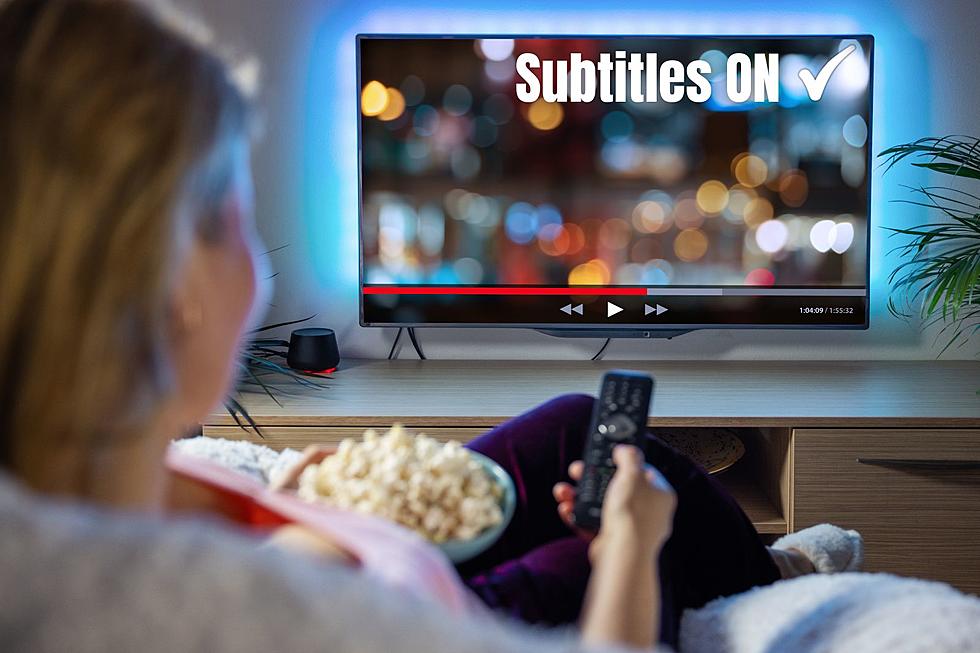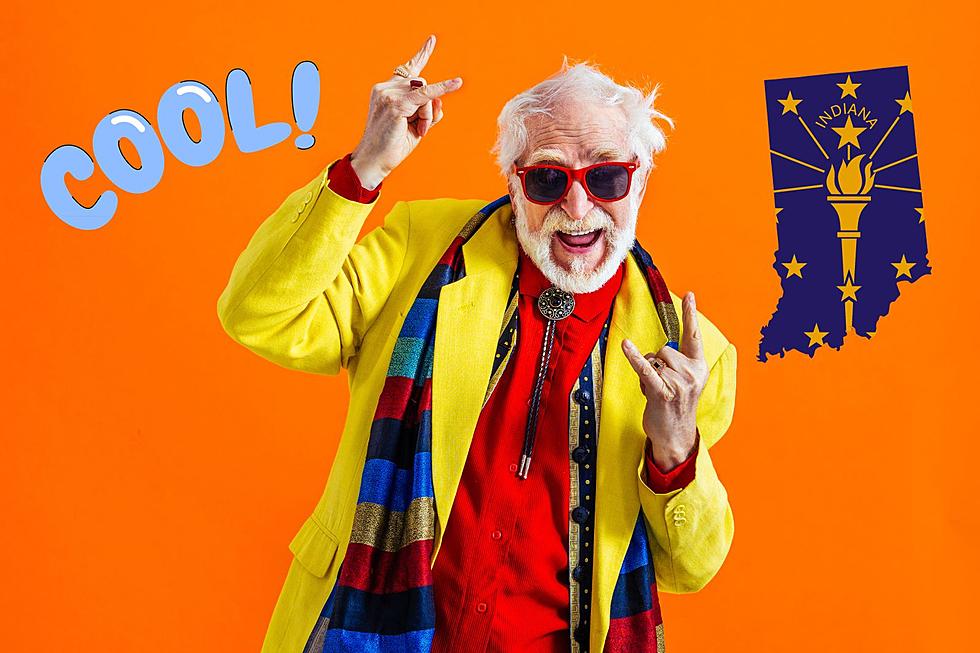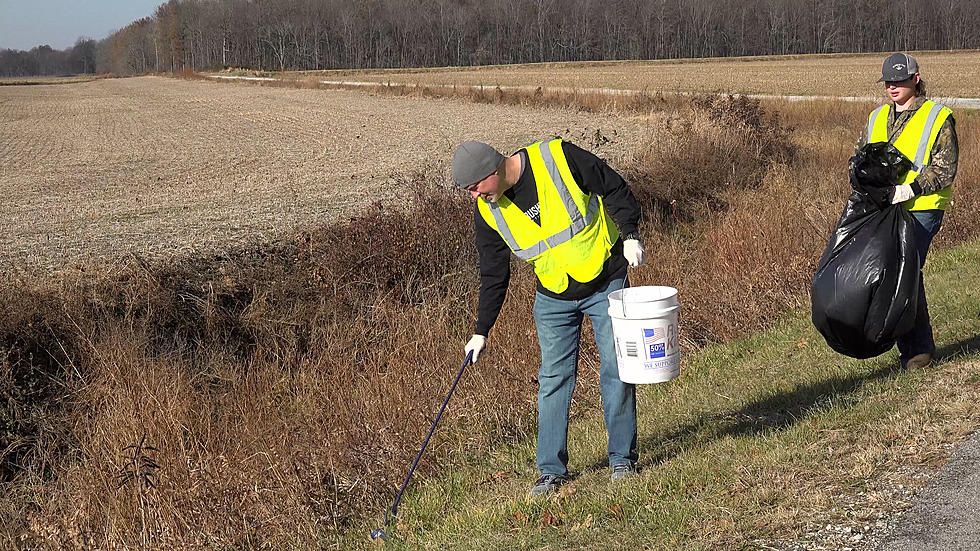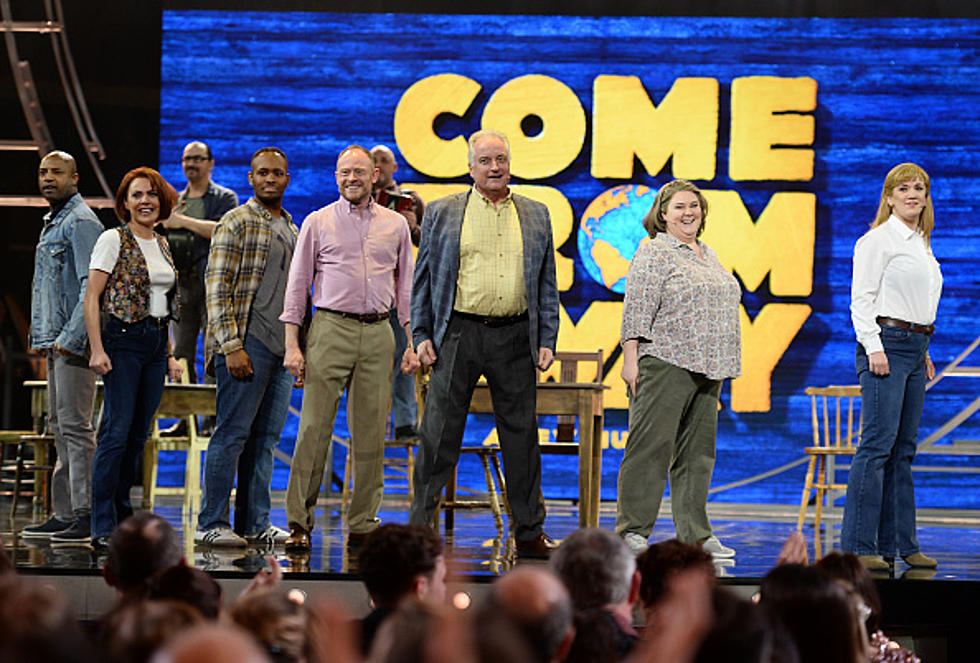
Here’s Why More Kentuckians Are Watching TV With Subtitles Now
Over the holiday break, my only goal was to get our home back to "normal" after Christmas so we could start the new year organized and ready to go as we get back to our "regularly scheduled programming" of life. Other than that, I wanted to REST and catch up on shows my friends are all talking about.
I finally jumped on the Yellowstone series train (I know, I know, I am SUPER late on this one.) The Duttons had me hooked from the first scene, but I watched for a little while before I realized I hadn't turned the subtitles on. I'm not clinically hard of hearing, but in the past several years, I've found that they help me to not miss any important dialogue.

It started back when Rollins was born almost ten years ago. Michael and I loved to watch Game of Thrones, but in order to hear the low-volume dramatic conversations, we had to crank up the volume. Then a big battle scene would come along and the speaker would blow our hair back. We couldn't have The Starks waking up the sleeping baby, so we kept everything low and turned on subtitles to catch everything.
More People Are Using Subtitles Than Ever Before
The habit has stuck around and conversations with my friends have revealed that many of them do the same thing. In fact, it has become a growing trend all over the world for more people to use subtitles while watching TV. The Atlantic reached out to the folks at the streaming device company, Roku who shared data from a viewer study.
"58 percent of subscribers use subtitles: 36 percent of them switch the subtitles on because of a diagnosed hearing impairment; 32 percent do it out of force of habit. (The remaining third cite a stew of situational issues, such as kids sleeping nearby, other people in the room, and poor audio quality.) Many of the people using subtitles, in other words, do not need them."
Apparently, Millenials and Gen Z are leading the trend. The BBC reported that
"Young people are almost four times more likely than older viewers to watch TV shows with subtitles, despite having fewer hearing problems, according to research by a captioning charity."
Why More People are Using Subtitles
Vox interviewed a dialogue editor to try to determine why there has been such an increase in subtitle usage, and she said there is no clear-cut reason, but changes in technology over time definitely play a huge part.
In the early days of cinema, microphones weren't the best. Performers had to really project and pronounce their words toward a big bulky corded receiver that hovered overhead or hidden in large set pieces in order to be heard.
Microphone Technology Has Improved
Over time, microphone technology has improved so much that now, productions usually use multiple less-invasive boom microphones and tiny little cordless lavalier microphones that can be easily hidden. They make it much easier for actors in that they don't have to over-enunciate to get dialogue across. It sounds more natural, but it may lead to a more "sloppy" delivery of lines or mumbling which the viewer may not be able to decipher.
Background Noise Drowns Out and Distracts From Dialogue
Another factor has to do with how much sound detail is used in productions today. You don't just have people talking anymore. There are sound effects of what is happening in the setting, background music, explosions, etc. Like Game of Thrones, in order for the big scenes to be epic and loud, the others have to be more quiet. You can't turn it all up without blowing out the sound altogether. Blockbuster movies made for giant theatre systems, aren't going to come across as well on your tiny TV speakers either.
Here is the full interview if you'd like to watch it. Such an interesting look at why so many people prefer watching movies and television with subtitles now. I know I definitely miss out on dialogue or even hear lines incorrectly when I don't have them on. Do you use subtitles? Due to hearing loss, or because of the reasons listed above?
CHECK IT OUT: The Best Movie Character Names of the 1980s
More From WKDQ-FM









